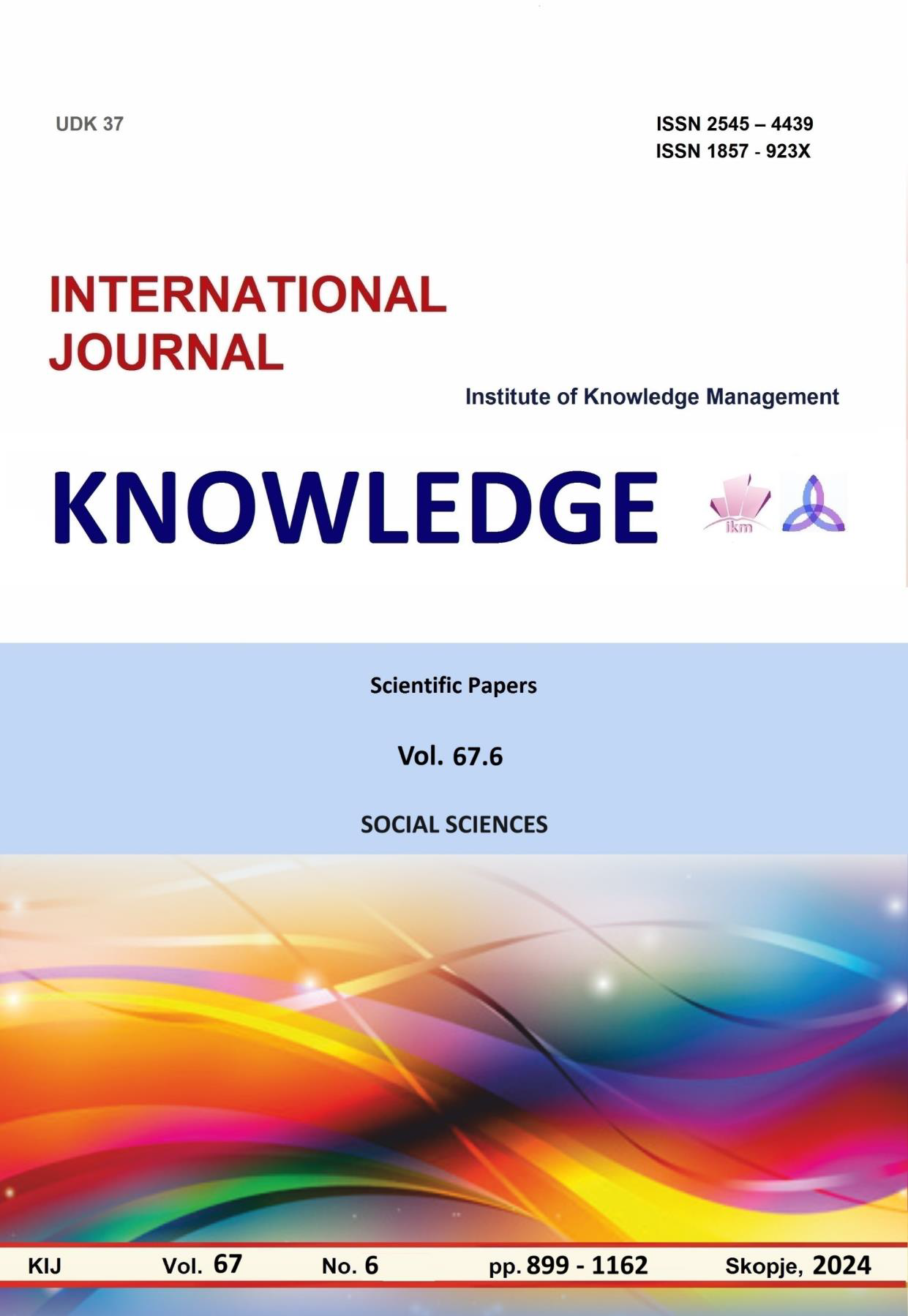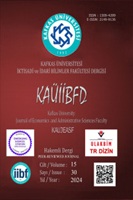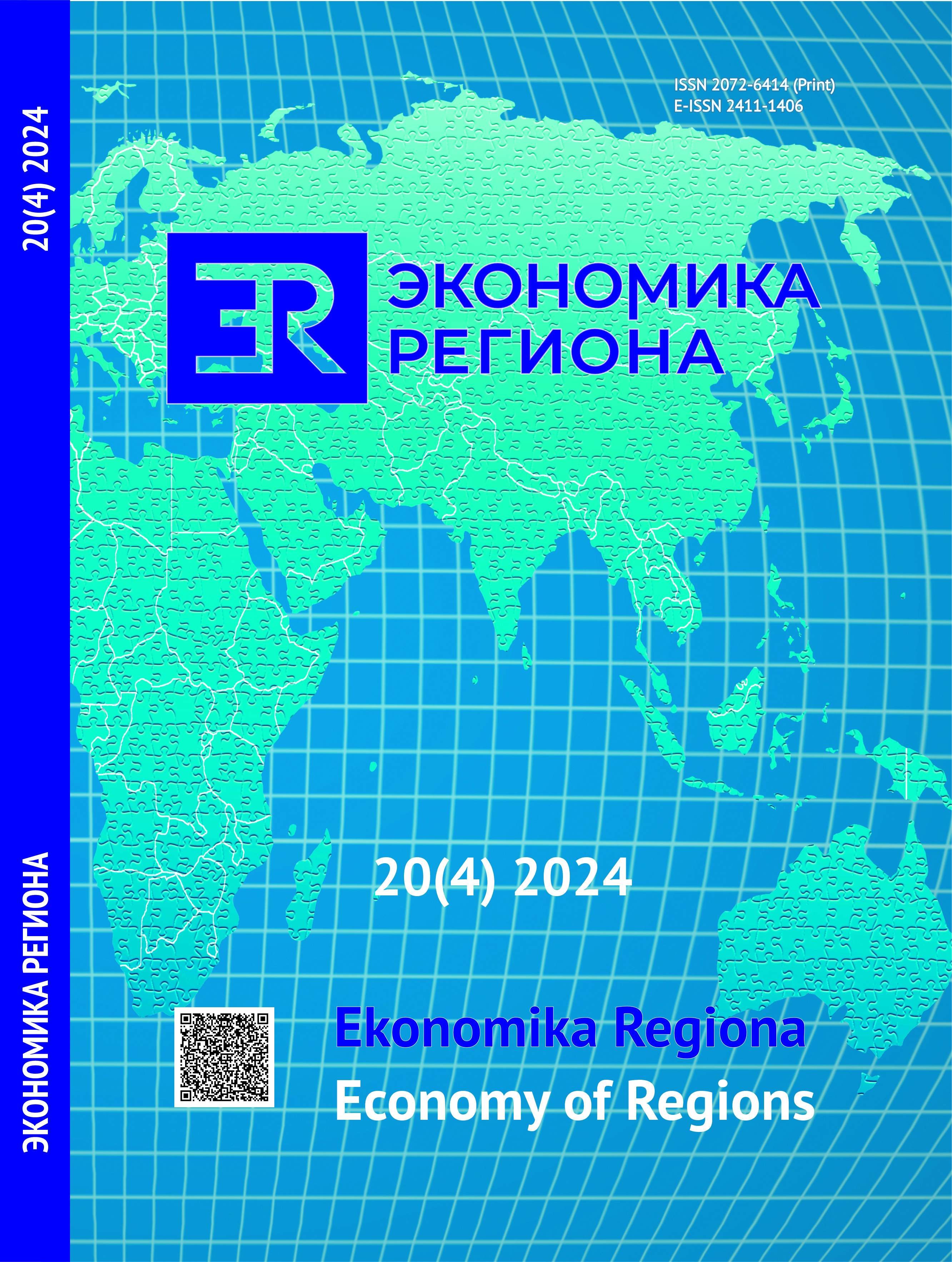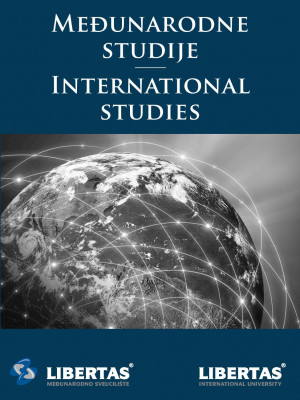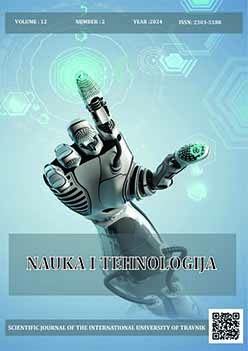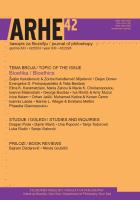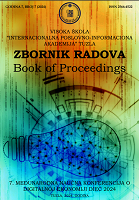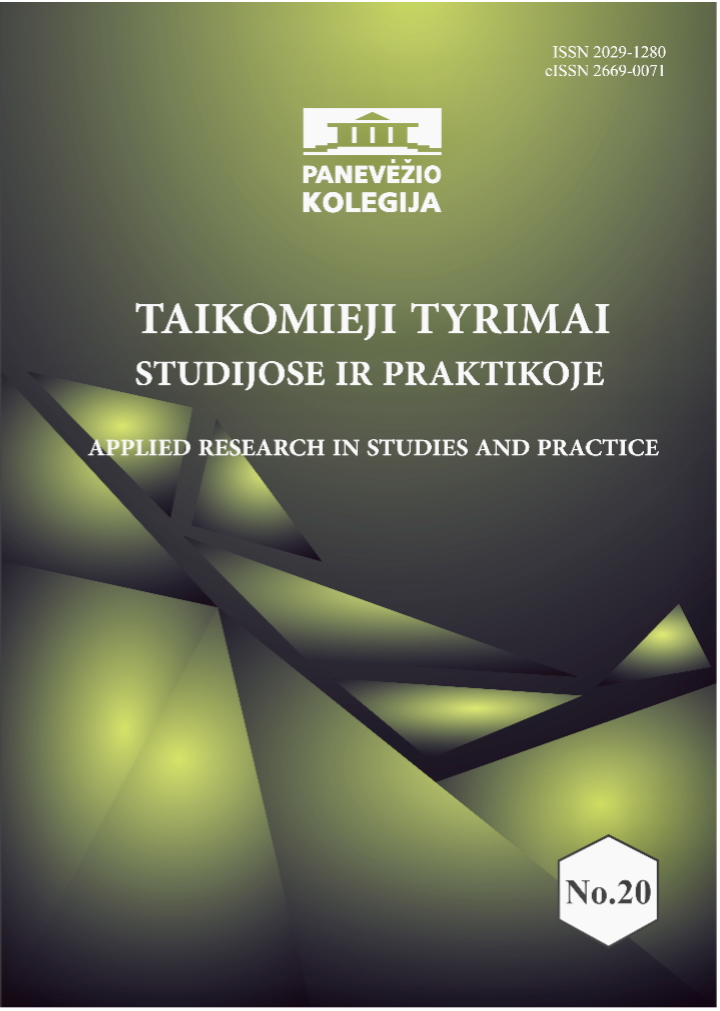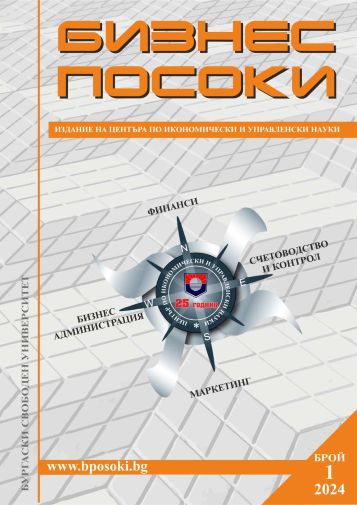Author(s): Diellza Bilalli / Language(s): English
Issue: 6/2024
This study investigates the impact of customer demand for environmental standards on firms’ product and process innovation, focusing on the six Western Balkan Countries (North Macedonia, Albania, Kosova, Montenegro, Bosnia and Herzegovina, Montenegro and Serbia). As consumer's awareness of environmental issues increases, their expectations for businesses to adopt sustainable practices are also expected to increase. This also seems to be the case in Western Balkan countries as well. This change in consumer behavior and demand encourages firms to innovate, both in the products they offer and the processes they use to make those products, as they might be pressured by the customers' expectations and demand for firms to be more environmentally friendly. Using data made available from the Business Environment and Enterprise Performance Surveys conducted by the European Bank for Reconstruction and Development and the World Bank analyzing 1881 firms in the Western Balkans in the period between 2018-2020, the study analyzes the relationship between customer demand for environmental standards and innovation activities in Western Balkan firms, by using correlation and regression analysis. Two separate models were tested. As a dependent variable was taken the Customer Demand for Environmental Standards, measured by the percentage of firms that reported that customers required environmental certifications or adherence to certain environmental standards as a condition to do business, while the independent variable in the first model is product innovation, measured as a percentage of firms that reported product innovation, while in the second model, the independent variable was process innovation, measured as a percentage of firms that reported process innovation. On average, 36% of the firms in the Western Balkan Countries reported that they have innovated their products, while 17% of the firms reported that they have innovated their processes. The findings reveal a strong positive correlation between customer demand for sustainability and innovation, indicating that as demand for sustainability increases, the firms' efforts to meet these demands by innovating their products and processes increase too. These findings are also supported by both Ordinary Least Squares models. The results suggest that given 1 percentage point increase in customer demand for environmental standards leads to a 1.53 percentage point increase in the firms engaging in product innovation, and to a 1.31 percentage point increase in firms engaging in process innovation, holding other variables constant. These results show the important role of customer demand for sustainability, driving both product and process innovation, indicating that as environmental concerns grow, businesses are likely to engage in innovation to meet those demands.
More...


